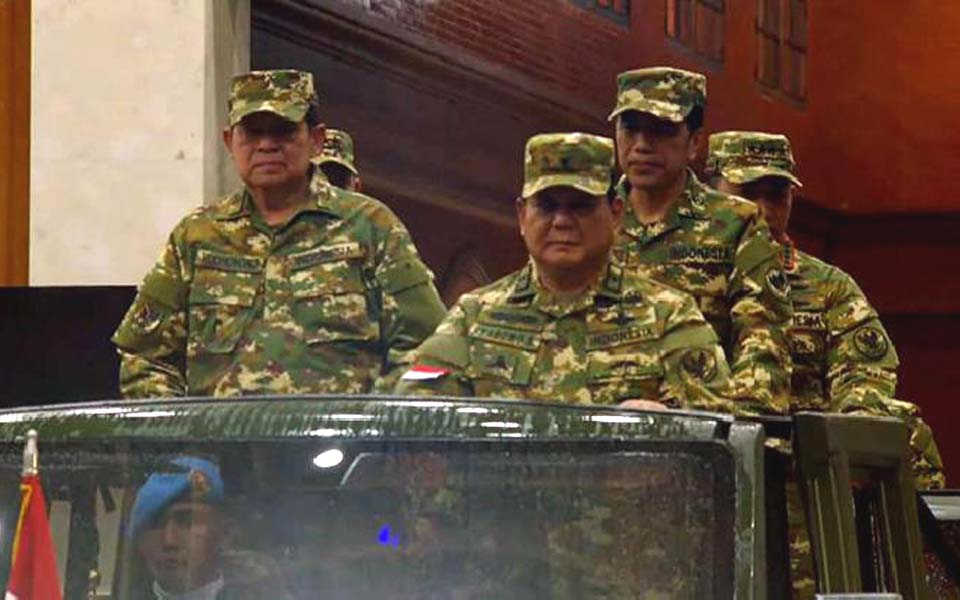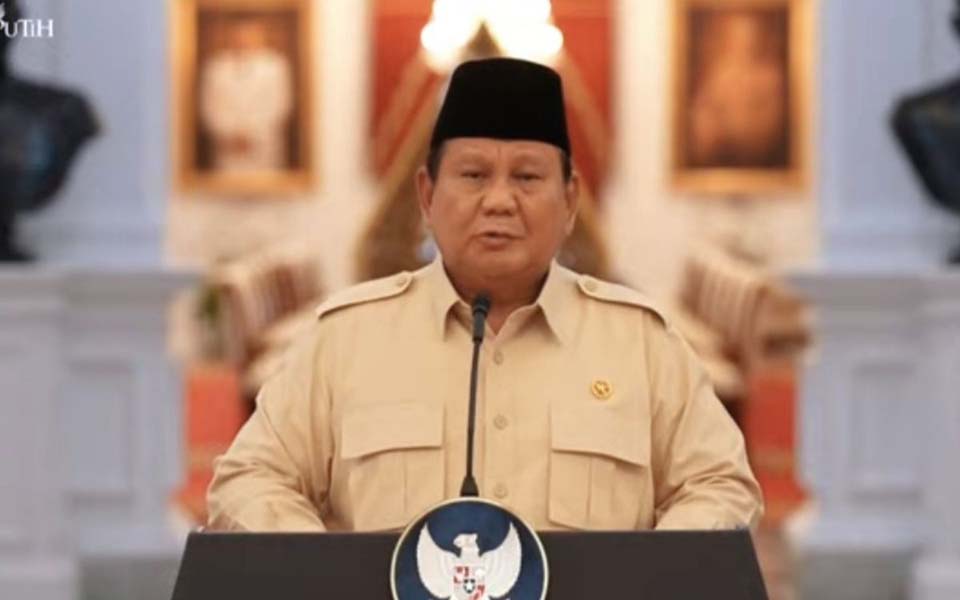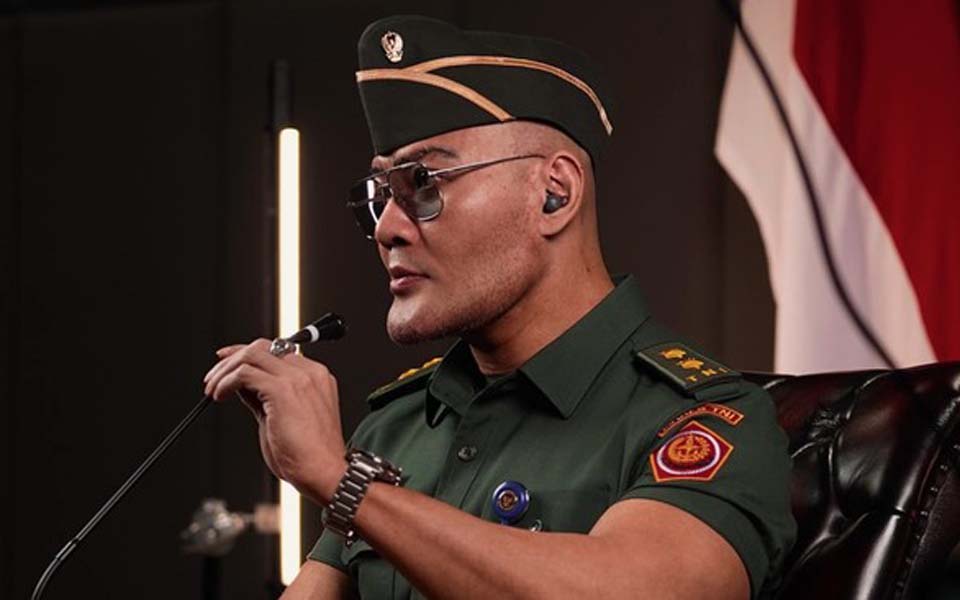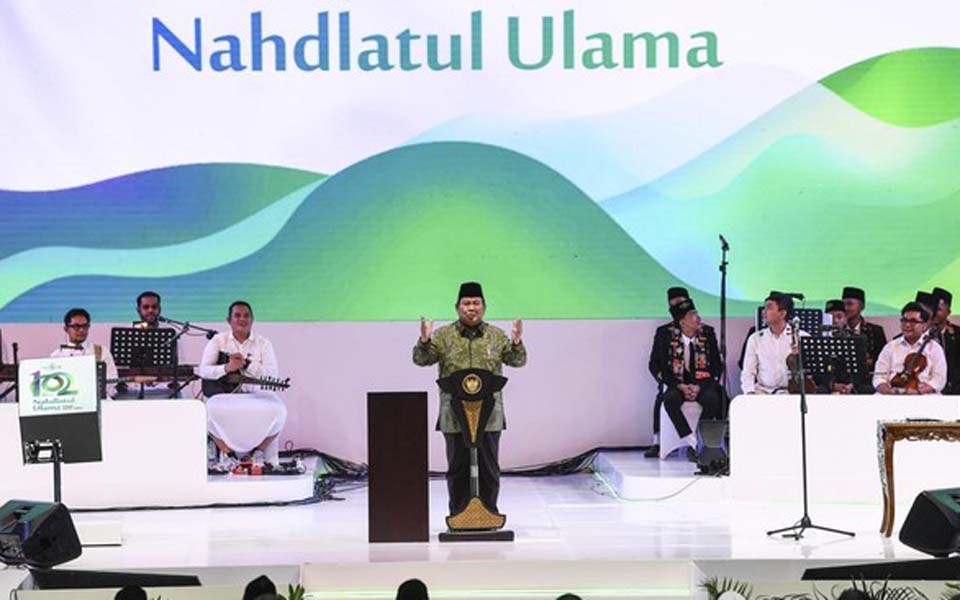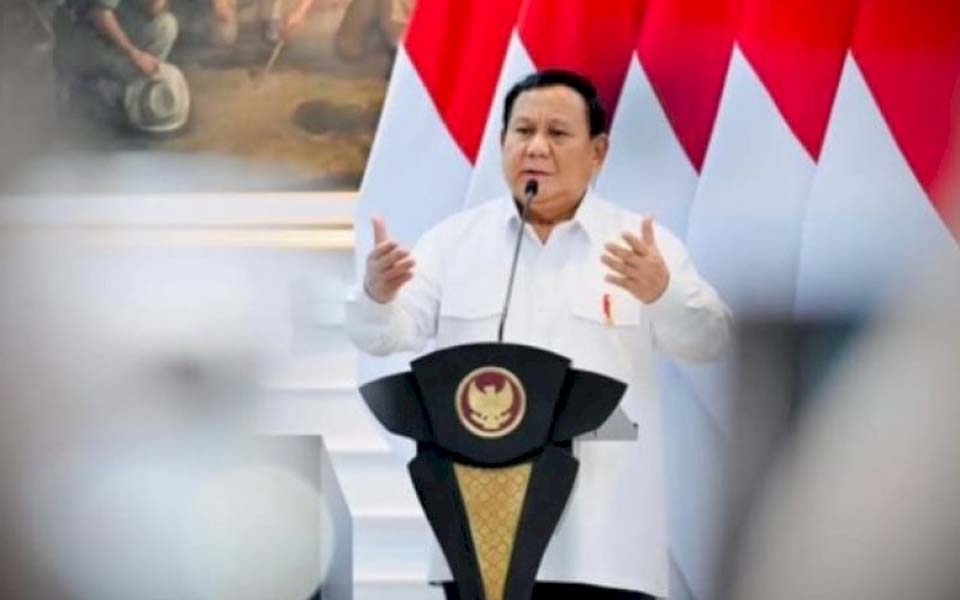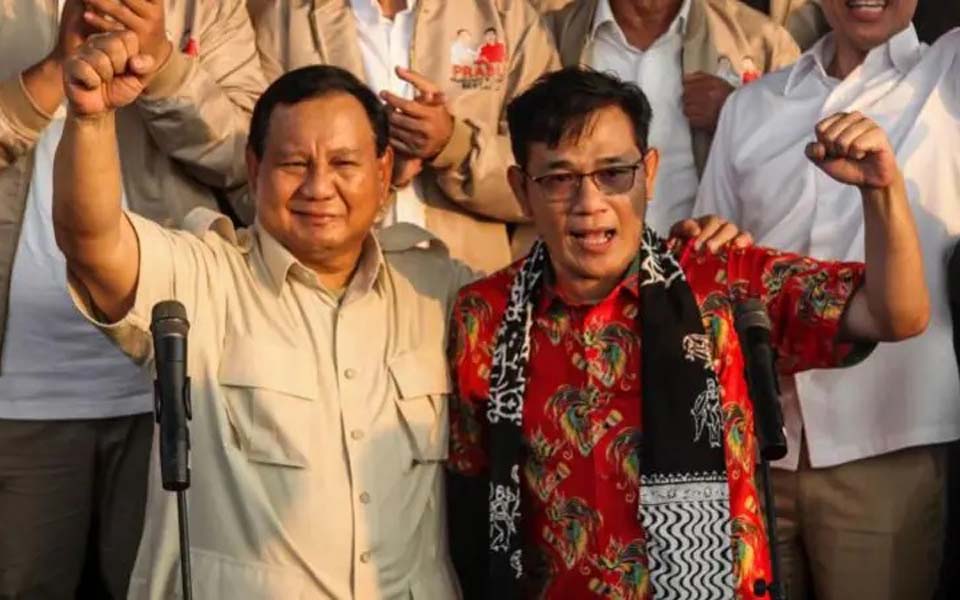Jakarta – The presence of activists and academics within Presidential Palace circles are often considered an opportunity to push for democratic reform in the bureaucracy.
Amalinda Savirani however, a lecturer at the Gadjah Mada University (UGM) Department of Administrative and Political studies, believes the opposite and that their presence is of no use.
“We have friends at the Palace, but it seems that they aren’t any use”, said Savirani during the launch of the book Reclaiming the State in Jakarta on Friday June 3.
Savirani gave examples of how when activists have opened communication with their “colleagues” within Palace circles about issues of the day, what the activists got was not solutions but instead the reverse.
“When we wanted to find information on public issues. Through WhatsApp for example, they respond instead with emoticons of a tapped mouth”, said Savirani.
PCDpress senior researcher Willy Purna Samadhi believes that the presence of activists within presidential circles could indeed open up opportunities to push for reform. At a minimum, the Number 1 person in Indonesia can be directly informed about issues that are grounded in or directly touch on the lives of ordinary people so that a solution can be found quickly.
“This however is an issue of how not to leave them isolated. If we don’t hurry to befriend them, it’s possible that they’ll be coopted”, said Samadhi.
It is because of this that Samadhi is of the view there must be protocols that regulated patterns of communication between activists and their colleagues who have become “all the president’s men”.
[Translated by James Balowski for the Indoleft News Service. The original title of the report was Aktivis dan Akademisi di Istana Dinilai Tak Berguna dalam Dorong Perubahan.]







